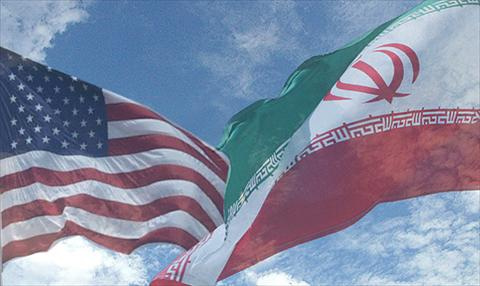Editorial
The US Presidential Election and Iran

With less than a month left before the US presidential election, the campaign on both sides is in full swing. The candidates are fighting hard to present themselves as the better person to lead America during the next four years. The main target is undecided voters in a number of states who have not yet aligned themselves with either candidate.
As in most presidential elections in the past, domestic issues dominate the debates between the two contenders in this year’s election. Based on a recent Gallup poll, 31% of Americans believe the economy is the most important issue. For 25% of Americans, unemployment is their top priority and for 6%, it is health care. Social issues and immigration rank next in the minds of Americans in the November election. These statistics show that what most Americans want from the next president is to solve their domestic problems, mostly the economy and unemployment. However, national security and foreign policy issues are also brought up by both candidates in campaigns, though for different reasons.
President Obama considers his foreign policy record a big plus in this year’s election and gives a few examples, such as the killing of Osama bin Laden, as evidence of such a success. At the same time, Governor Romney attacks his rival’s record, particularly Obama’s Middle East policy, because he believes American leadership around the world has been damaged as a result of current US foreign policy.
Departing from his focus on domestic issues, Romney made a major foreign policy speech on Monday, criticizing, across the board, Obama’s handling of foreign policy. Portraying himself as a leader capable of handling difficult world issues and problems, Romney tried to convince Americans that his administration would bring back strong American leadership around the world, reversing a strategy of “passivity” being pursued at the world stage by Obama.
As expected, Romney focused his criticism of Obama’s foreign policy on the Middle East, attacking the current US policy towards Iran, Iraq, Syria and Israel. He denounced the hasty withdrawal of US forces from Iraq and accused Obama of sitting on the sidelines of the Syrian conflict and not doing enough to help the Syrian opposition to defeat Assad’s forces. But, Romney’s main censure of Obama’s Middle East policy relates to not providing enough support to Israel and not being tough enough on Iran. He pledged to tighten sanctions against Iran and to increase military assistance and coordination to Israel. Romney hopes that his criticism of the current US policy towards Iran and Israel will bring more votes, particularly from Jewish voters, in the November election.
Many analysts believe that President Romney’s foreign policy will not be much different from Obama’s and that campaign necessities have forced Romney to take such tough stands against his rival. Whether such an analysis is true or false, at the end of the day, the 45th US president’s policy towards Iran will not seem to be much different from the current policy. However, the next president should be wise enough not to be enticed by warmongers in Israel to start a war with Iran because, in the words of the former US Secretary of Defense Robert Gates, “The results of an American and Israeli military strike on Iran could, in my view, prove catastrophic, haunting us for generations in that part of the world.”

